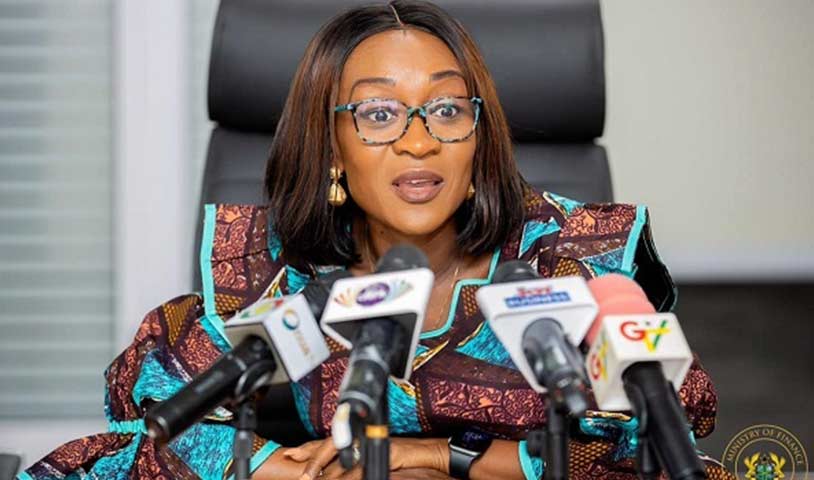Former Minister of State at the Finance Ministry and Chairperson of Parliament’s Public Accounts Committee, Abena Osei-Asare, has said the real test of the government’s economic management will come after Ghana’s ongoing International Monetary Fund (IMF) programme concludes.
Her comments follow recent improvements in key macroeconomic indicators, including stronger growth and declining inflation, attributed to reforms under the IMF programme.
Speaking on The Point of View with Bernard Avle, Osei-Asare commended the government for continuing policy measures introduced during her tenure and emphasized the importance of sustaining fiscal discipline beyond the IMF arrangement.
“Clearly, they are fast-forwarding the reforms that we put in place. I am happy that they are going by those reforms, and that is what is yielding results. The most important thing is to sustain this beyond the IMF programme,” she stated.
She, however, expressed concern about whether the government has developed adequate buffers and systems to maintain stability once external support ends.
“That is where the fear is — beyond the IMF programme, have they put in buffers, systems, and strategies that will uphold or maintain whatever they have done? For me, I am happy with what they are doing, but I will say that the real test will come after they have gone off the IMF programme and what they have put in place to sustain it,” she added.
Ghana’s three-year, $3 billion IMF Extended Credit Facility, approved in May 2023, is expected to conclude in 2026. The programme aims to restore macroeconomic stability, rebuild foreign reserves, and place public debt on a sustainable path following one of the country’s most severe economic crises in decades.
As the country moves into the second phase of the IMF arrangement, economic analysts agree that the true measure of success will depend on how effectively Ghana can sustain current gains and maintain fiscal discipline after the programme ends.


